Advertisement
Dungeon Masters carry the weight of an entire fantasy world on their shoulders. As the primary architect of the story, the referee of the rules, and the narrator of every scene, the Dungeon Master (DM) juggles countless responsibilities throughout a campaign. From plotting intricate storylines to improvising player-driven detours, the task can be both rewarding and exhausting. In recent years, creative professionals across multiple industries have turned to AI tools like ChatGPT for assistance—and DMs are no exception.
ChatGPT has emerged as a practical and intelligent companion for Dungeon Masters at every level. While it doesn’t replace a DM’s creativity, intuition, or storytelling instincts, it does offer a powerful support system to help plan, adapt, and enhance tabletop gaming experiences. The AI serves as a brainstorming partner, content generator, and organizational assistant, all rolled into one.
Here are 6 effective ways ChatGPT can function as the perfect assistant for Dungeon Master, elevating gameplay while reducing preparation stress.
Whether players are trekking through dangerous wilderness or wandering into unfamiliar cities, DMs often need to design events that are relevant to the setting and balanced for the party. Crafting combat and roleplay encounters that feel fresh and challenging is essential to keeping players engaged. But constantly coming up with new ideas from scratch can be mentally taxing.
It is where ChatGPT can serve as a reliable, creative partner. It can help brainstorm encounter concepts based on terrain, player level, faction presence, or even moral conflict. Whether the situation requires an environmental hazard, a tense standoff with NPCs, or a creature ambush, ChatGPT helps DMs explore possibilities quickly and refine ideas without interrupting their creative flow.
By doing so, it allows DMs to maintain a sense of novelty in gameplay while ensuring balance, pacing, and thematic consistency.
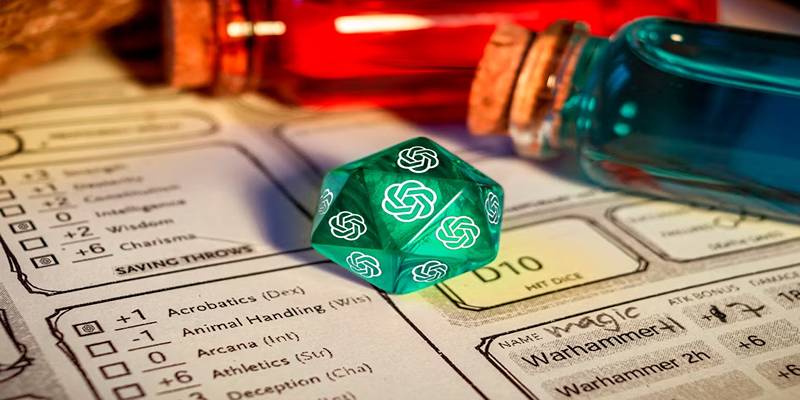
A good Non-Player Character (NPC) can anchor a scene, deliver critical lore, or give players someone to care about—or distrust. Memorable NPCs usually have distinctive personalities, motivations, appearances, and dialogue styles. For DMs managing a large cast of characters, creating new NPCs that don’t feel repetitive can be challenging.
ChatGPT supports this process by generating character profiles that include social roles, backgrounds, temperaments, and communication styles. With just a few character traits or setting details, the AI can suggest fresh concepts that enrich the world’s population.
It ensures that every new character feels integrated into the world rather than added as an afterthought, contributing to a richer and more believable campaign setting.
No matter how carefully a DM prepares, players are bound to take unexpected turns. It’s part of what makes tabletop roleplaying games exciting and unpredictable. However, it also forces DMs to improvise environments, characters, and plot elements on the fly—sometimes with no warning.
In these moments, ChatGPT proves especially valuable. It can help brainstorm new areas, generate descriptions, and develop minor quests or events in real time. Whether players decide to skip the main town and venture into unknown territory or suddenly interrogate an unnamed background character, ChatGPT can help maintain the illusion of a seamless world.
A strong sense of place is vital to any successful campaign. Players want to feel like the world around them is detailed, responsive, and grounded in its internal logic. Creating that world, however, takes time and care—especially when it involves imagining new cultures, cities, organizations, and landscapes.
ChatGPT can assist by offering descriptions and thematic concepts for locations, traditions, architecture, and social structures. With a few keywords or narrative goals in mind, the AI can help flesh out fantasy civilizations or generate plausible world elements that fit within an existing campaign framework.
This kind of support allows the DM to maintain world-building depth without the time sink of researching every minor detail. It also encourages creative exploration of different themes, from political conflict to natural environments, that can evolve into full narrative arcs.
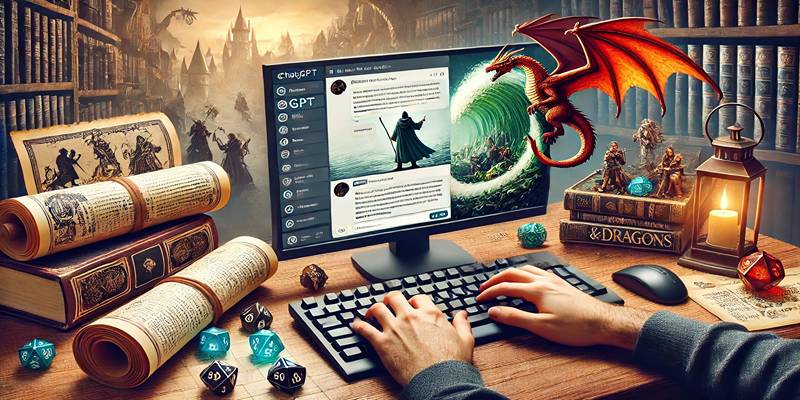
As campaigns progress, managing the story’s continuity becomes increasingly complex. With dozens of NPCs, unresolved threads, evolving factions, and player choices to keep track of, even experienced DMs can find it difficult to maintain full narrative cohesion. Missing a key detail from an earlier session can lead to inconsistencies or missed storytelling opportunities.
ChatGPT offers a solution by acting as a campaign memory aid. By inputting summaries of key sessions, character bios, and world events, the AI can assist in tracking plotlines and recalling important facts during or between sessions. It can also provide quick summaries for recaps or assist in identifying which threads could be revisited for future storytelling.
For DMs who run multiple campaigns or take extended breaks between sessions, this function is particularly helpful for reorienting themselves and keeping players grounded in the world’s continuity.
Even DMs who have years of experience may benefit from a second opinion when planning encounters, world events, or custom mechanics. ChatGPT can review ideas and provide high-level feedback based on logical flow, difficulty scaling, or narrative impact. It helps DMs refine content before bringing it to the table.
Moreover, the AI can assist with general rule clarifications, such as mechanics for specific conditions, item interactions, or class features. While not a substitute for official rules or adjudication, it helps streamline preparation and serves as a helpful tool during downtime or early planning.
ChatGPT serves as a valuable assistant for Dungeon Masters by streamlining preparation and enhancing in-game flexibility. From world-building and encounter creation to NPC development and lore tracking, it supports key aspects of campaign management. While it doesn’t replace the creativity of a human DM, it strengthens the foundation for immersive storytelling. Its adaptability makes it useful in both structured planning and spontaneous gameplay. With thoughtful use, ChatGPT helps DMs deliver richer, more engaging tabletop experiences.
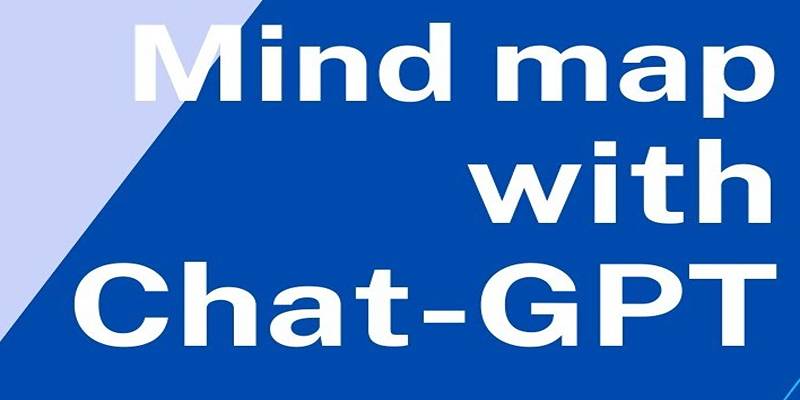
Boost creativity and structure in brainstorming by combining mind maps with ChatGPT for faster, clearer idea generation.
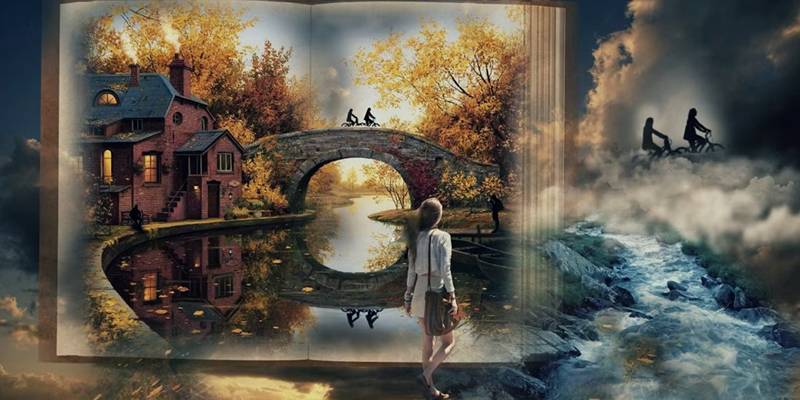
Discover how writers can use ChatGPT to develop fictional worlds, including culture, history, magic, politics, and more.

How is Higgsfield revolutionizing AI video creation? Learn about its fast, personality-driven videos perfect for social media, and how it compares to tools like Sora

Discover 8 effective ChatGPT prompt strategies that help reduce digital distractions and improve daily focus and clarity.
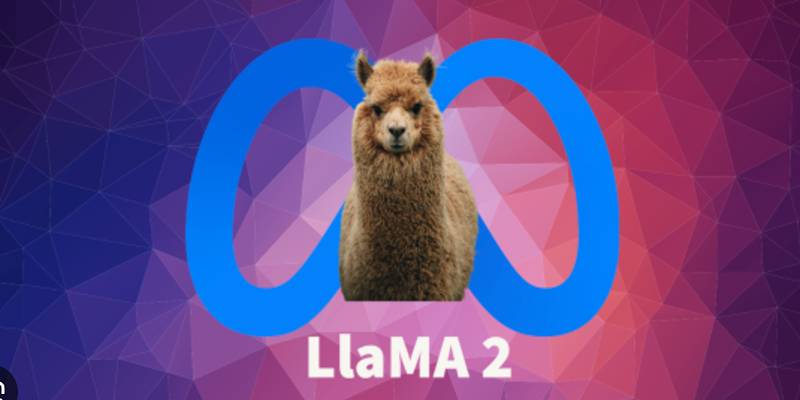
Learn how to access, run, and fine-tune Meta’s open-source Llama 2 model using Poe, Hugging Face, or local setup options.
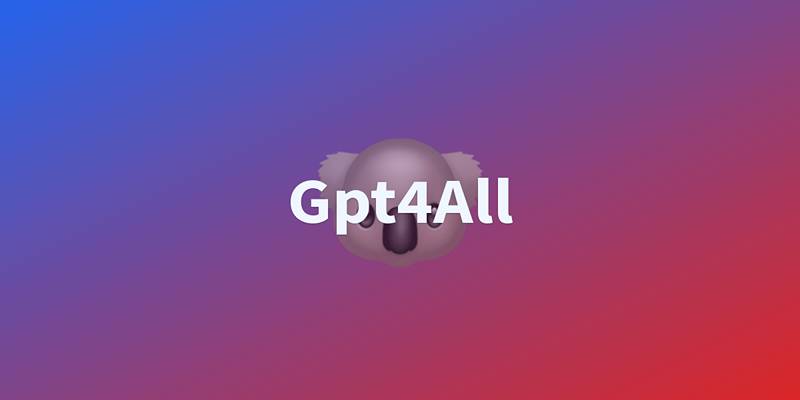
Install GPT4All on your Windows PC and run a ChatGPT-style AI chatbot offline, privately, and completely free of charge.
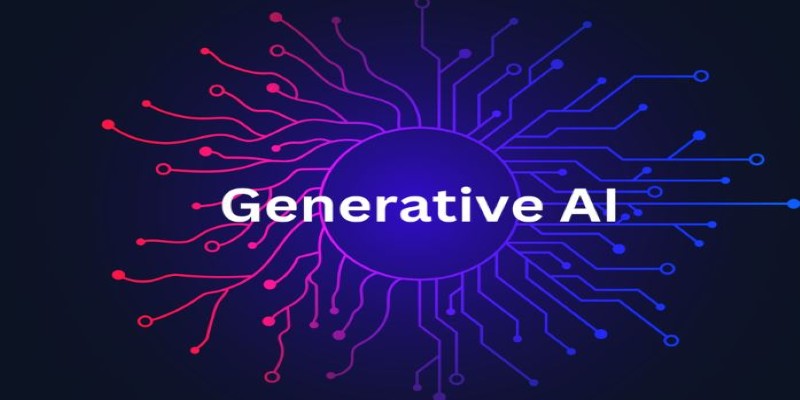
Ever wonder how generative AI went from clumsy experiments to powerful tools we use daily? See how small breakthroughs led to today’s rapid growth

How Visa AI Shopping Agents are transforming the online shopping experience with smarter, faster, and more personal assistance at check-out
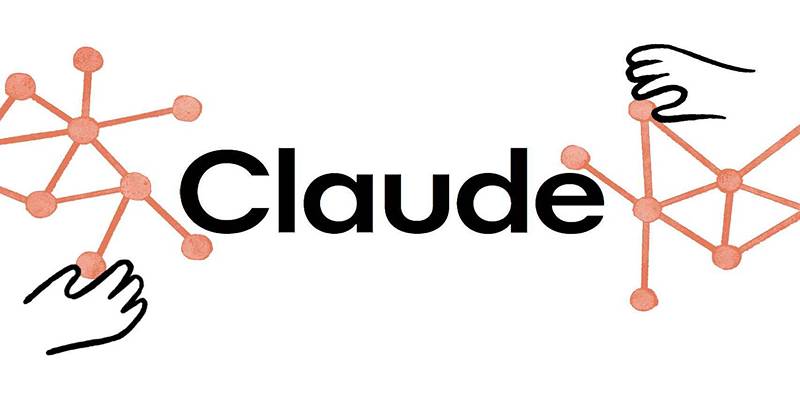
Explore 4 major reasons Claude AI performs better than ChatGPT, from context size to safety, coding, and task accuracy.
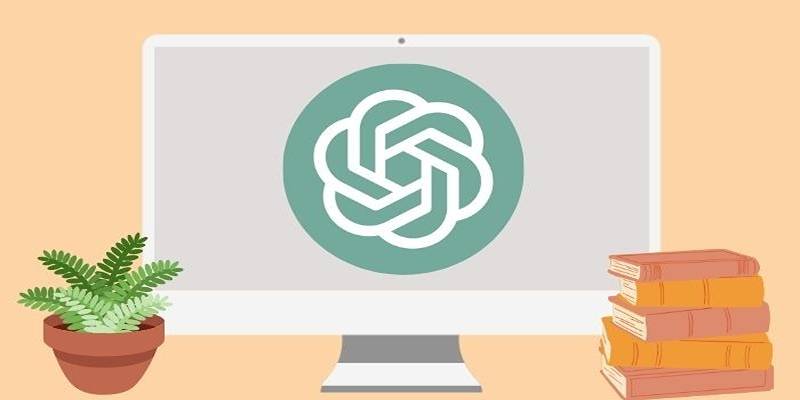
Discover best practices freelance writers can follow to use ChatGPT ethically, creatively, and professionally in their work.
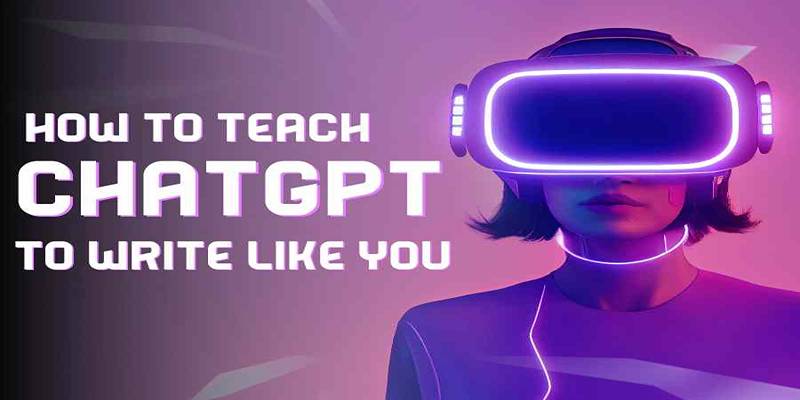
Learn how to train ChatGPT to match your writing style by using samples, structure, and style cues for accurate results.

Learn how ChatGPT helps Dungeon Masters enhance gameplay, improvise scenes, and manage detailed campaign elements.